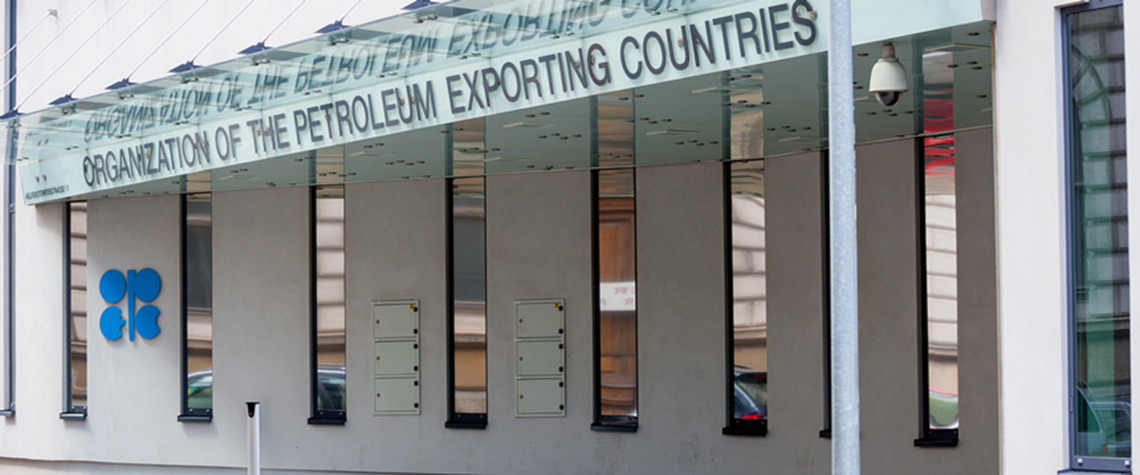Opec’s swing producers to stick to deal
Opec’s top producers are unlikely to deviate from an agreement that has brought market stability and buoyed prices
Saudi Arabia has continued to reject calls from the US to increase oil production as Brent crude hovers around $90-100/bl. The latest rejection comes amid increased speculation that the Kingdom and the UAE—holders of the bulk of global spare production capacity—could break from the 2020 output restraint deal signed between Opec and ten non-member countries in order to increase their market share and make the most of current prices. The US State Department’s energy envoy, Amos Hochstein, and National Security Council Middle East coordinator, Brett McGurk, held talks with Saudi officials in Riyadh in February with the goal of pressuring the country to raise production and stabilise the market.

Also in this section
26 July 2024
Oil majors play it safe amid unfavourable terms in latest oil and gas licensing bid rounds allowing Chinese low-ball moves
25 July 2024
Despite huge efforts by India’s government to accelerate crude production, India’s dependency shows no sign of easing
24 July 2024
Diesel and jet fuel supplies face a timebomb in just four years, and even gasoline may not be immune
23 July 2024
Rosneft’s Arctic megaproject is happening despite sanctions, a lack of foreign investment and OPEC+ restrictions. But it will take a long time for its colossal potential to be realised







